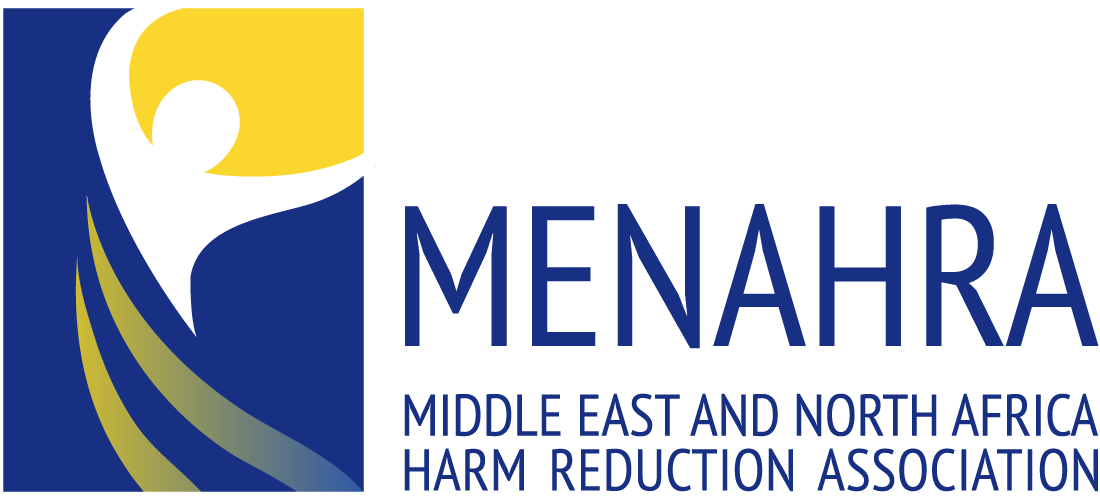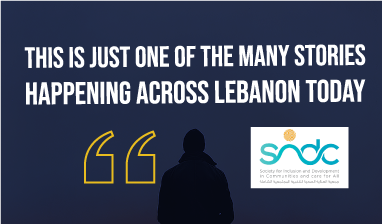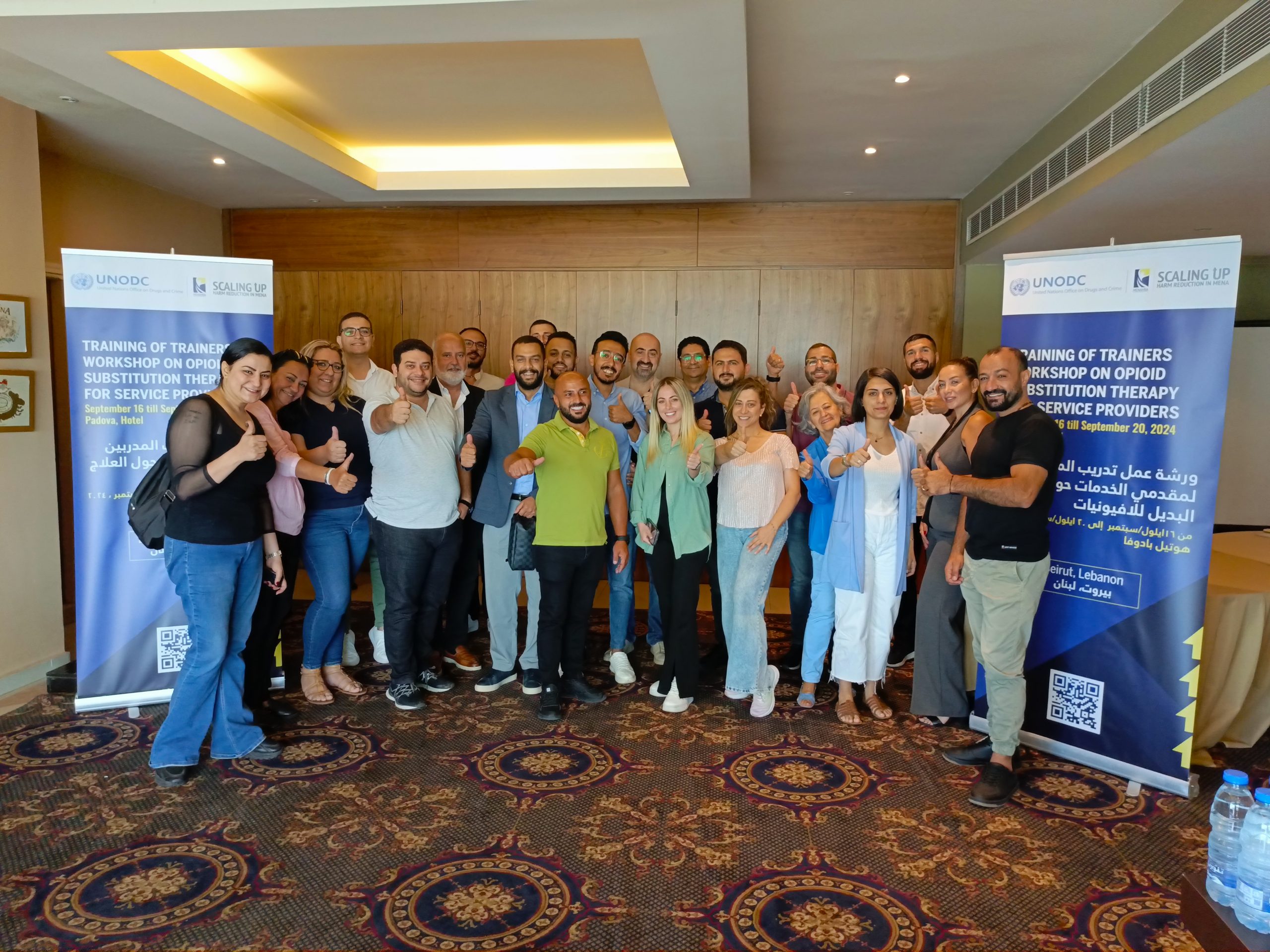The COVID-19 pandemic has brought about many challenges for people living with HIV (PLHIV) in the Middle East and North Africa (MENA) region. One organization that has been working to address these challenges is MENA Rosa, the first regional network of Women Living with HIV (WLHIV) established in 2010.
The Secretariat is based in Beirut, and working in 10 countries of the MENA region through focal points, with the main objective of providing an independent niche for WLHIV, to bring up their concerns, be it psycho-social, educational, gender issue, marriage, sexual, raising and disclosing to children, etc.
During the pandemic, the community of PLHIV, in particular WLHIV in MENA, faced difficulties in accessing medical services. Infectious disease hospitals were converted to treat COVID-19 patients and infectious disease physicians were reluctant to receive PLHIV at their clinics, mainly fearing the spread of COVID-19.
To address these issues, in December 2022, under the Global Fund to Fight AIDS, TB, and Malaria (GFATM) grant “HIV: Sustainability of Services for Key Population in MENA region”, Nadoum Programme, MENA Rosa conducted two roundtable discussions including Health Care Providers (HCP), key decision makers in infectious disease hospitals as well as WLHIV, on integrating Sexual and Reproductive Health (SRH) and HIV into preparedness plans during emergency situations in Egypt and Jordan. WLHIV had the opportunity to share their experiences and challenges encountered in hospitals.
In addition to the efforts of MENA Rosa, the MENAHRA (Middle East and North Africa Harm Reduction Association) has also been working to address the challenges faced by PLHIV during the pandemic. The organization has been advocating for the inclusion of PLHIV in COVID-19 response plans and providing support for harm reduction services, such as needle and syringe programs, to ensure that PLHIV continue to have access to essential health care during the pandemic.
It is worthy of notice that:
·In both countries, the discussion focused on changing Health Care Providers’ attitudes towards treating PLHIV, among the new generation (fear of infection, misconceptions about HIV, disbelief in the effectiveness of infection’s control measures), these attitudes were particularly noticeable among older generation physicians.
·An established referral pathway for cold cases of PLHIV in need for some medical services existed in Egypt, however there’s an unclear pathway for hot and urgent cases.
·HIV Health and Medication Services continued the provision of Gynecological and Antenatal Care services, through outpatient clinics in Egypt.
·In Jordan, HIV Health and Medication services continued to be supported by Voluntary Counseling and Testing (VCT) centers.
As follow-up actions, both countries ought to consider and advocate for revising the HIV-specific guidelines and Emergency Care Guidelines, develop a package of operational guidance to HCP on how to offer emergency health care to different groups of PLHIV, conduct sensitization trainings for clinical and non-clinical HCP to ameliorate their relationship with PLHIV, and improve the services’ provision in Emergency Departments in selected large cities.
Despite its negative impact, COVID-19 exposed the gaps in the Heath Care System. On a regional level, both MENA Rosa and MENAHRA, wish and request from key actors to improve the response to any future crisis/pandemics, and to take into consideration the importance of integrating HIV services and prioritizing PLHIV, especially WLHIV, in any Emergency Preparedness Plan.






